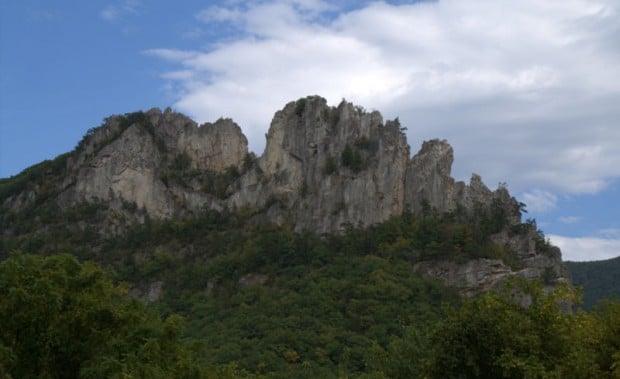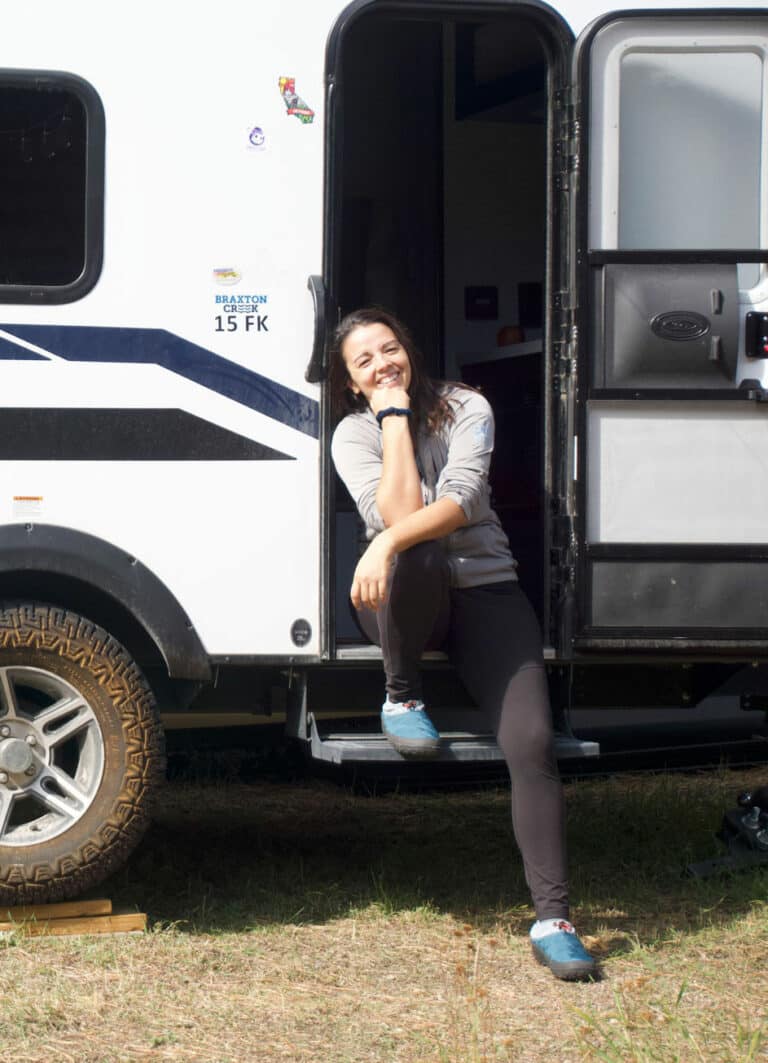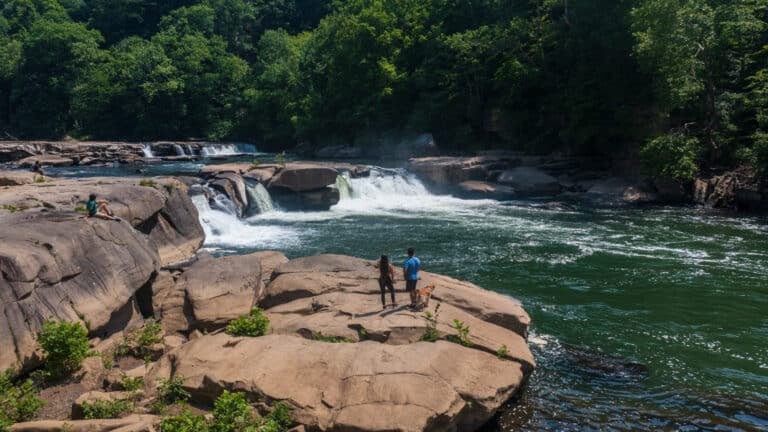Seneca Rocks would fall under the jurisdiction of the new national park proposed in West Virginia.
The National Park Service is beginning the process of making parts of West Virginia’s Monongehela National Forest a national park, something the state does not have currently. The process starts with a survey, scheduled for next month and planned to be complete in September 2012, to determine if the area is viable for a national park. Specifically, the survey would, “determine whether the historic, natural and recreational resources in the project area are ‘likely’ or ‘unlikely’ to meet Congressionally-required criteria for a national park.” That statement is per a press release from the National Park Service. The survey was requested by West Virginia Senator Joe Manchin (D) and the proposed park is being referred to as High Allegheny National Park. The proposed area would also include parts of Blackwater Falls and Canaan Valley state parks and well-known sites like Seneca Rocks, the Dolly Sods and Spruce Knob.
This appears to be great news for Wild, Wonderful West Virginia. The formation of a national park in the state would certainly be a timely boost to its tourism economy and provide much needed federal protection of its open spaces. The designation would also be virtually free since the proposed area is already federally owned. The site would include historic Civil War era battlefields and structures along with Depression era public works by the Works Progress Administration and Civilian Conservation Corps.
Many are saying, “Huzzah! Finally, a national park in West Virginia!” But as with anything that delights a set of people – in this case environmentalists, hikers, and Double Rainbow Guy – there is a completely different set of people entirely opposed to it – in this case hunters, fishermen and trappers (wait, what century is this?). The clash between environmentalists and outdoorsmen is as old as vampires and werewolves, and was being debated the nanosecond the NPS press release hit the ether. Sen. Manchin immediately came out and stated that hunting would still be allowed if the designation went through. This is entirely possible: Congress can make exceptions and further designations to permit hunting, along with other activities disallowed in other parks. Sen. Manchin also proclaimed himself a lifelong hunter – never too early to campaign.
The issue of trout fishing and stocking is a trickier subject. Stocking of brown and rainbow trout currently takes place in streams inside the proposed boundaries of the new park: the Blackwater, Greenbrier and Dry Fork among others. Stockings of browns and bows have been halted in other national parks due to being non-native to the area. Both of these species are also non-native to West Virginia and it would be up to Congress to determine what to do about them. There has been additional backlash against non-native trout stocking, especially against rainbow trout. This has occurred mostly in the Mountain West but Great Smoky National Park has stopped stocking rainbows and is currently attempting to displace them with native brook trout. Brook trout are the only species native to West Virginia.
Both hunting and fishing are deeply engrained in the culture of West Virginia’s highlands and it would be almost absurd to think this national park would be rammed through without concessions to hunters and fishermen. Given the built-in environmental and recreational protections a national park designation would afford, it is little to ask that the already established hunting and fishing grounds remain so. The issue of trout stocking and its effect on the ecosystem is a tough nut to crack, but the economic benefits of a top-notch trout fishery inside a national park are undeniable. The stockings of non-native fish could cease, but be replaces with the restoration of native brookies, and the reproducing populations could remain.
Now of course, the legislative process has just begun, but it is always tricky. It could also be potentially sticky due to the fact that national park designation needs Congressional approval, never easy to come by or have agreement on. This would appear to be a no-brainer, but Congress may have too many brains given the potential impact on the mining industry, current budget issues, not-in-my-backyard and basic environmental backlash. Given the current state of our government as a whole, Africa and Europe might slam back into each other before this thing gets done – Pangaea National Park, anyone?
More great coverage of and opinions on this potential national park development can and will be found at The Charleston Gazette outdoor page.








